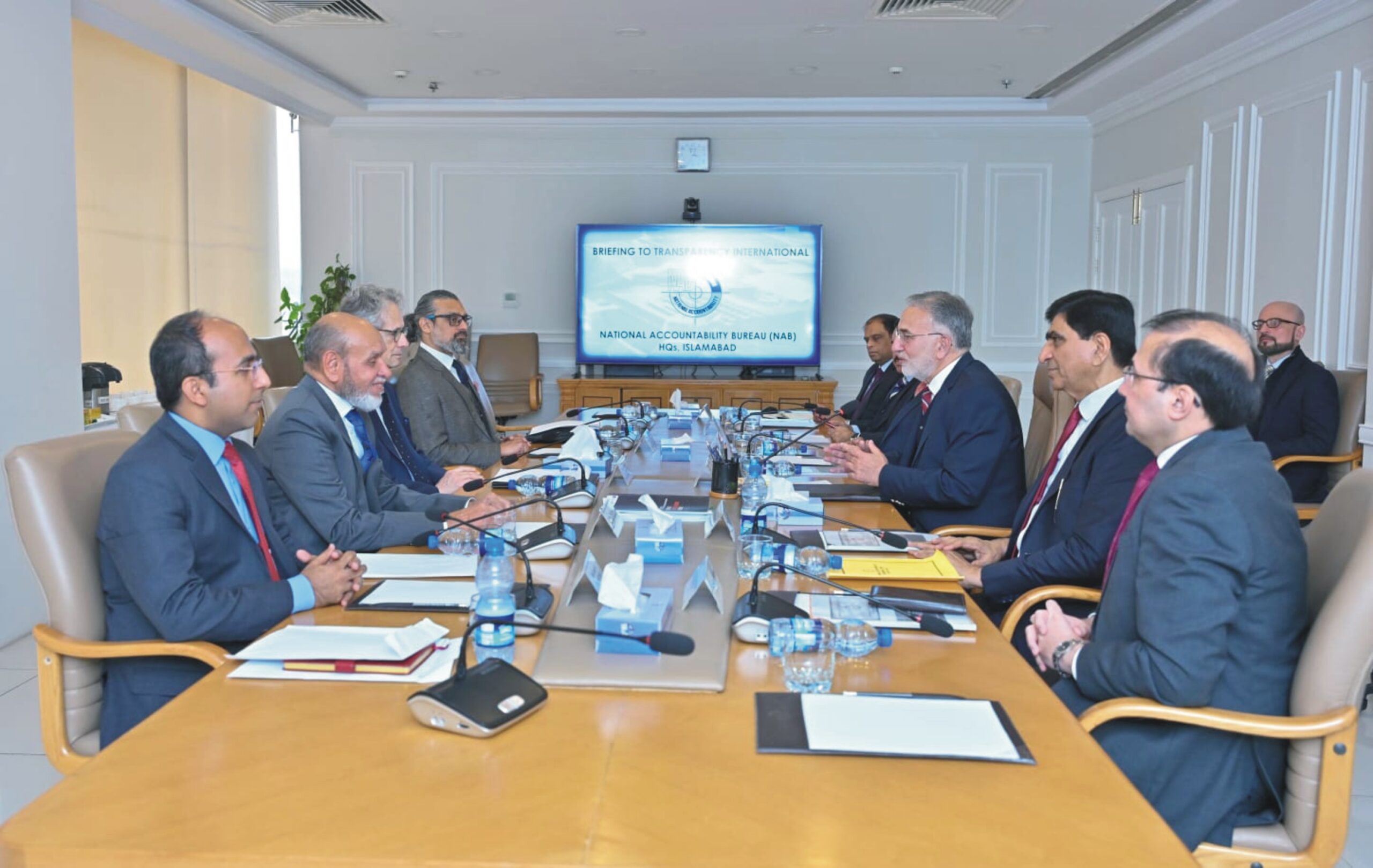
Spokesman Report
Islamabad:The Pakistan National Heart Association (PANAH) has called upon Prime Minister Shahbaz Sharif, Finance Minister Muhammad Aurangzeb, Federal Commerce Minister Jam Kamal, and Dr. Malik Mukhtar Ahmad Bharath, Coordinator to the Prime Minister on Health, to dismiss the recent ask from juice companies for tax reductions in the upcoming budget. PANAH urges the government to maintain the commendable advancements made in the fiscal policies aimed at improving public health over the past one years.
In a press release, Mr. Sanaullah Ghumman, General Secretary of PANAH, expressed concern over the deceptive efforts of the fruit juice industry, which includes a misleading media campaign and meetings with policymakers aimed at securing favorable decisions. Mr. Ghumman highlighted the significant health risks posed by the regular consumption of sugary drinks, including juices, particularly among children. This consumption trend is not only a serious health threat but also has a substantial negative impact on the national economy.
Recent medical research indicates that juices are as much high in sugar as other beverages, contributing to the rising incidences of obesity, type-2 diabetes, heart diseases, various cancers, and liver and kidney ailments in Pakistan. The International Diabetes Federation (IDF) reports that Pakistan has approximately 33 million diabetics, the highest number globally, with over 1,100 individuals dying daily from diabetes and its complications. In 2021, the annual cost of managing diabetes in Pakistan was $2,640 million USD (Rs. 712 billion).
Citing a 2022 World Bank modeling study, Mr. Ghumman stated that increasing the Federal Excise Duty (FED) on sugary drinks in Pakistan would significantly improve public health outcomes by preventing overweight/obesity, diabetes, and cardiovascular diseases. He noted the substantial financial benefits, including increased tax revenue and the health advantages of maintaining a healthier population. The study predicts that a 50% increase in FED on all sugary drinks could generate USD 810 million in revenue annually over the next decade, thus presenting no financial risk to the country but rather enhancing both economic and public health efforts.
Mr. Ghumman underscored that research consistently shows taxing sugary drinks does not harm the economy or employment in countries where such measures have been implemented. On the contrary, increased taxes on sugar-sweetened beverages benefit the government by boosting revenue and reducing health-related expenditures. He referenced research from Mexico, South Africa, and Peru, which demonstrates that taxing sugary drinks reduces the consumption of unhealthy beverages and promotes healthier alternatives such as water and unsweetened milk.
Criticizing the tactics of the beverage industry to mislead policymakers against taxes, Mr. Ghumman pointed out that per capita fruit and vegetable consumption in Pakistan is already low. Beverage companies exacerbate this issue by misleading consumers through marketing tactics, promoting juices and other sugary drinks high in sugars as fruit alternatives.
Given these facts, Mr. Ghumman demanded that the government continue imposing taxes on all types of sugary drinks, including juices, sodas, energy drinks, flavored milk, and iced teas. He urged the government to reject any resistance from the beverage industry regarding increased taxes, prioritizing the public’s best interest.







